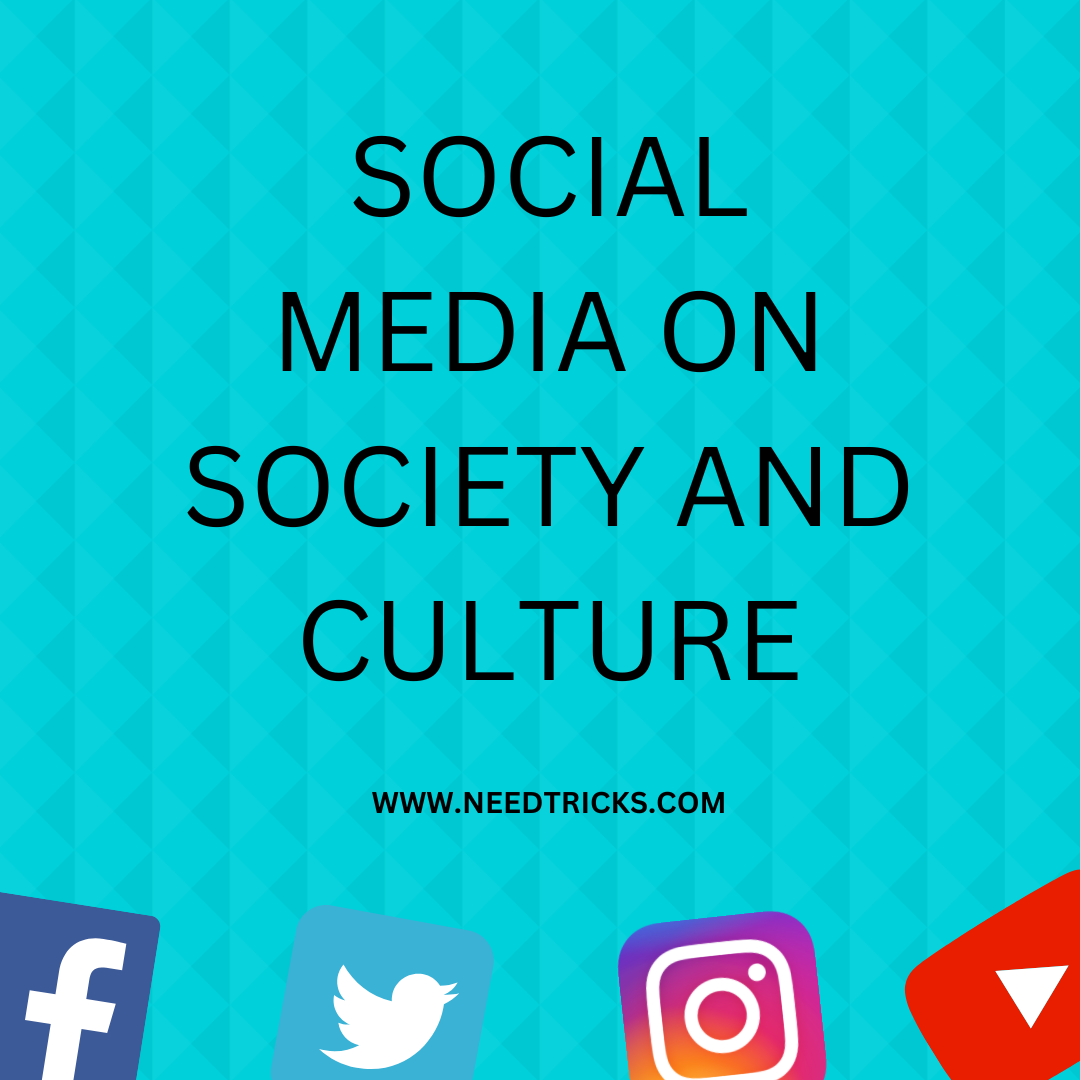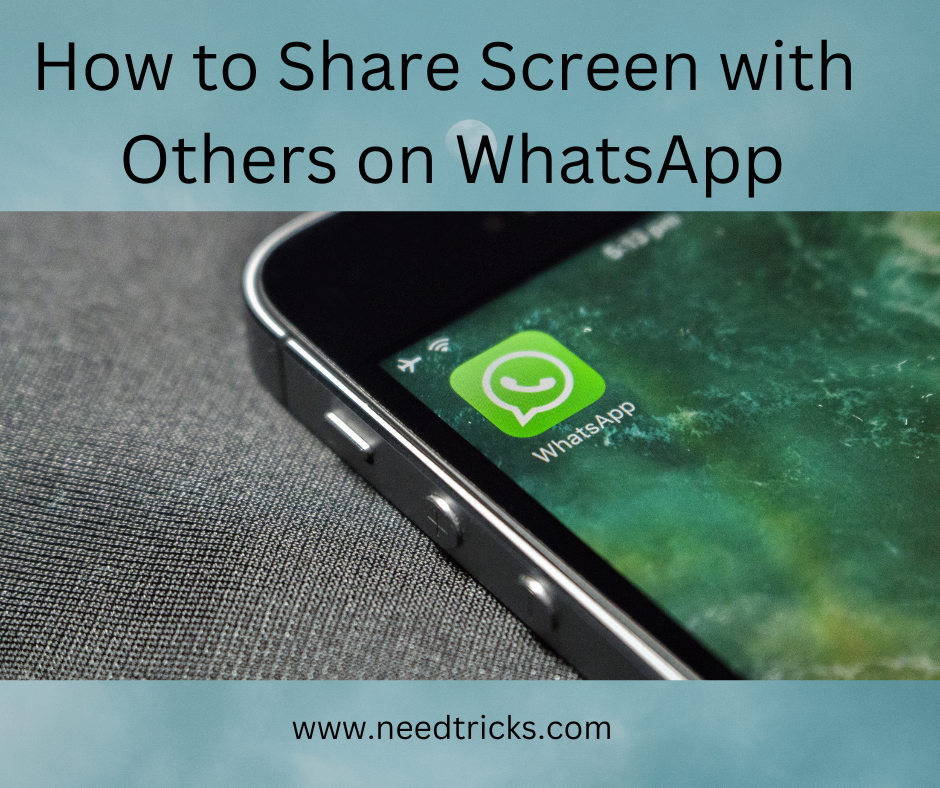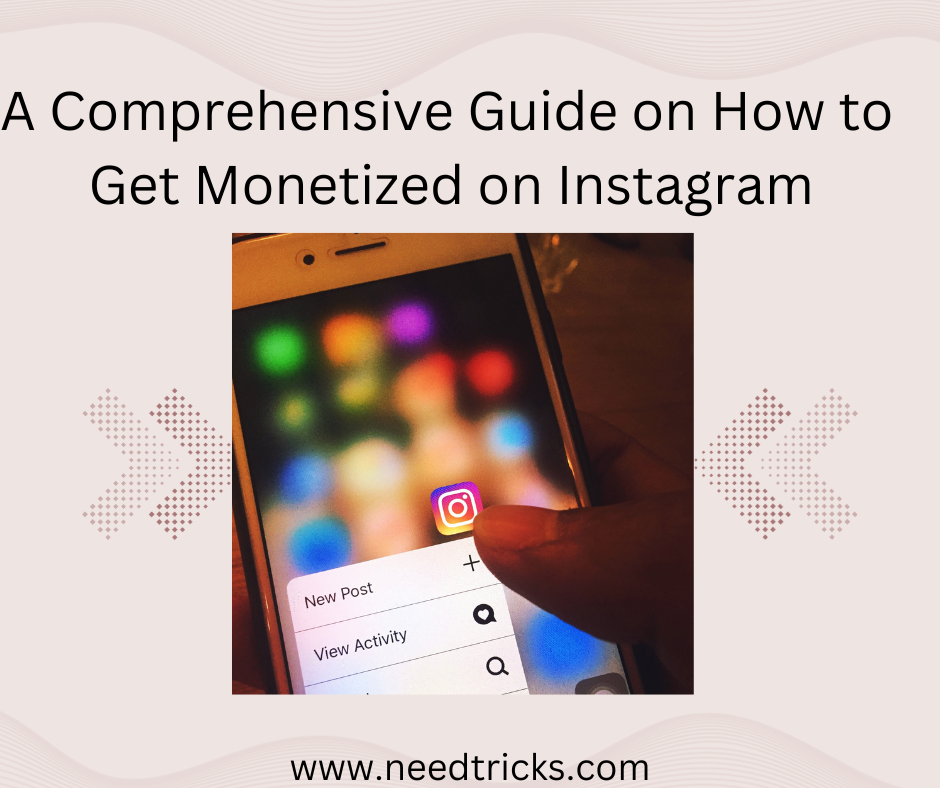Social media has become a ubiquitous part of modern life, with billions of users across the globe. While it has undoubtedly brought many benefits, such as making it easier to connect with others, share information, and stay up-to-date on news and events, it has also had a profound influence on society and culture.
In this blog, we will explore the various ways in which social media has impacted the way we interact.
Here are 5 way’s we interact, communicate, and view the world around us.
1.Changing Communication Patterns :
Social media has fundamentally changed the way we communicate with one another. Instead of meeting face-to-face or speaking on the phone, we now rely heavily on messaging platforms and social networks to keep in touch with friends and family. This has both positive and negative effects. On the one hand, it allows us to stay connected with people who we may not have been able to otherwise. On the other hand, it can lead to a sense of disconnection and depersonalization, as we increasingly communicate through screens rather than in person.
2.Shaping Political Views :
Social media has become an important platform for political discourse, allowing people to express their opinions and engage in debates with others. However, it has also been accused of creating echo chambers, where people only see content that reinforces their existing beliefs. This can lead to a polarizing effect, where people become more entrenched in their views and less likely to listen to opposing perspectives.
3.Redefining Privacy :
Social media has made it easier than ever to share personal information with others, but it has also raised concerns about privacy. Many people now use social media as a way to document their lives, but this also means that much of their personal information is available online for others to see. This has led to concerns about data privacy and the potential for misuse of personal information.
4.Creating New Social Norms :
Social media has also played a role in creating new social norms and expectations. For example, it is now common to post updates and photos of our daily lives on social media, which can create pressure to present a certain image of ourselves online. Additionally, social media has also created new forms of etiquette, such as the expectation to respond to messages quickly and to “like” or comment on others’ posts.
5.Influencing Culture and Trends :
Social media has had a significant impact on culture and trends. It has become a platform for influencers and celebrities to showcase their lifestyles and promote products, which can lead to a cult-like following and a desire to emulate their behaviors. Additionally, social media has also played a role in the rise of viral trends and challenges, which can quickly gain popularity and influence behavior.
Conclusion
Social media has had a profound influence on society and culture, shaping the way we interact, communicate, and view the world around us. While it has brought many benefits, it has also raised concerns about privacy, political polarization, and the impact on mental health. As social media continues to evolve, it will be important to consider these issues and find ways to mitigate their negative effects while maximizing the positive impact it can have on our lives.











